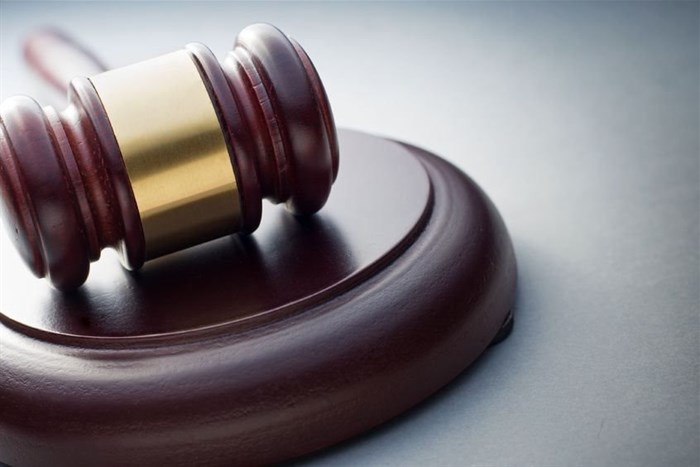
Top stories






More news


Marketing & Media
Ads are coming to AI. Does that really have to be such a bad thing?














A review application can be brought before a court or tribunal under the Promotion of Administrative Justice Act (PAJA) or the common law principle of legality. In a recent judgment, the Constitutional Court had to determine when tribunals would have jurisdiction to review administrative action.
Section 1 of PAJA defines a tribunal as “any independent and impartial tribunal established by national legislation for the purpose of judicially reviewing administrative action in terms of this Act”. This definition means that we must look to the powers and purpose of the empowering legislation to determine if a particular tribunal has review powers under PAJA.
This issue was investigated and decided by the Constitutional Court in the recent case of Ledla Structural Development (Pty) Ltd and Others v Special Investigating Unit.
In this case a Special Tribunal, established in terms of section 2 of the Special Investigating Units and Special Tribunals Act (SIU Act), had reviewed and set aside a contract awarded to Ledla because there was collusion between the Gauteng Department of Health, which had issued a tender, and Ledla. Ledla contended that the Special Tribunal was not a court of law and thus lacked the power to review under PAJA or the common law.
On a legality review, the appellants stated that the remedial action that may be taken by a court is in terms of section 172 of the Constitution, which entitles a court to make a just and equitable order.
Tribunals are not mentioned in section 172, and thus the appellant argued they are not authorized to exercise the powers contained in that section. Under PAJA, the contention was that the Special Tribunal was not empowered by the SIU Regulations, nor do the Special Tribunal Rules give it the power to review.
The Court, in considering whether the Special Tribunal could adjudicate a PAJA review, decided that because the tribunal had not been established for the purpose of judicially reviewing an administrative action in terms of PAJA, it was not a tribunal as defined by the Act.
In respect of a legality review, the Court referred to section 8(2) of the SIU Act which gives it power to decide any civil proceedings brought before it by the SIU.
The broad remedial powers conferred by section 8 and the wide language used therein was the basis upon which the Court decided that judicial review is one of the powers the tribunal has.
It is important to note from this judgment that the remedial actions in section 172 of the Constitution are not the exclusive purview of courts although the language in the provision might be read as limiting. Tribunals, or any body given review powers by national legislation, can apply the provision.
Furthermore, in determining whether a tribunal has review powers at all, under PAJA or the common law, are questions that can be answered by reference to the purpose and provisions of the empowering and enabling legislation.